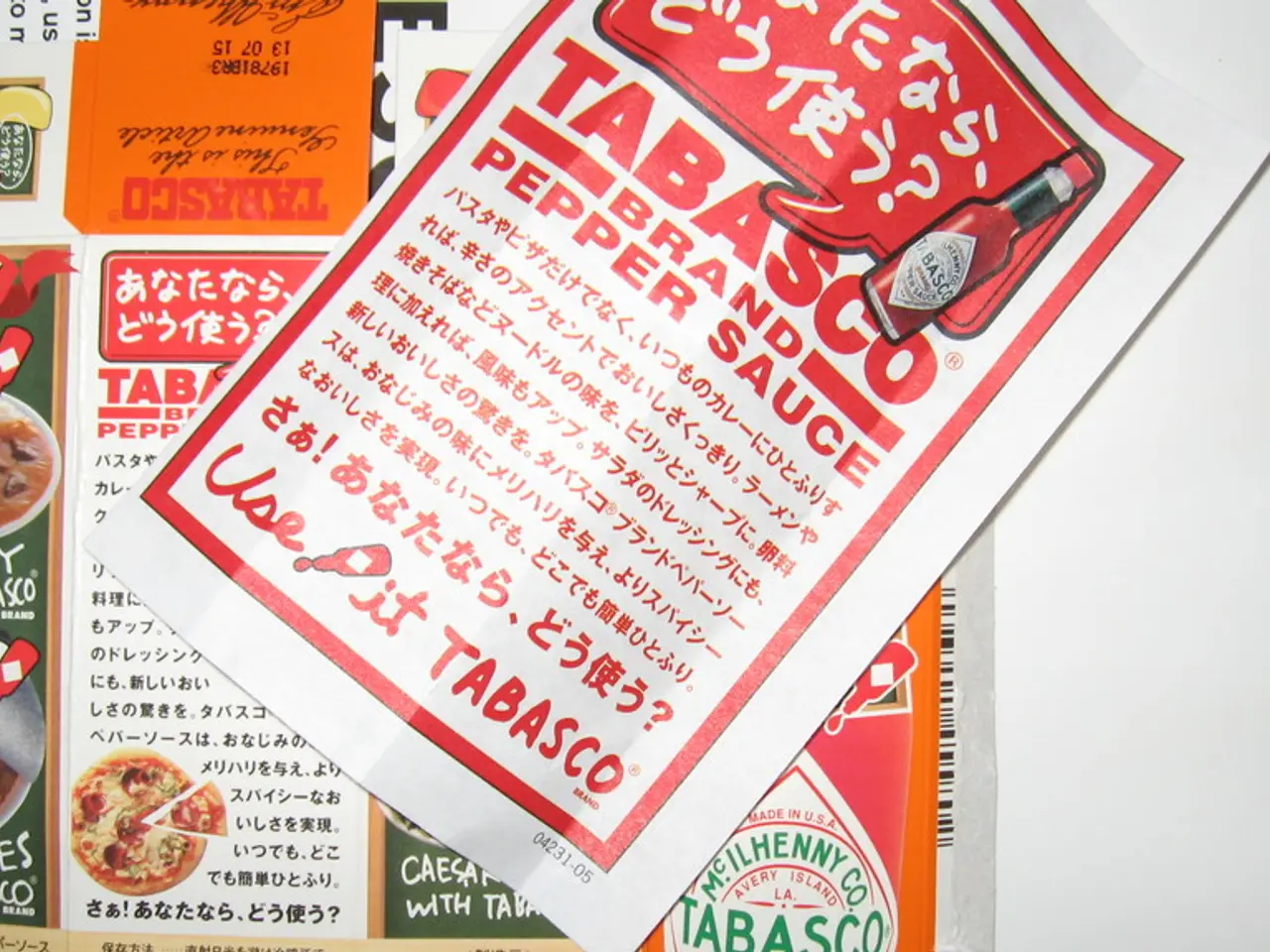French culinary experts oppose pesticide legislation, advocating for food safety rather than harmful contamination.
France's Duplomb Law Sparks Outcry Among Food Professionals
The Duplomb law, reauthorized by the French Parliament on July 8, 2025, has stirred controversy by reintroducing the use of acetamiprid, a neonicotinoid pesticide that was previously banned due to its harmful effects on bees and biodiversity.
Opposition to the law is significant and growing, with over two million people signing petitions led by environmental health students and organizations. French food professionals argue that this law undermines efforts towards sustainable agriculture and food security, warning that the pesticide's neurotoxic effects could negatively impact food quality and the stability of ecosystems vital for agriculture.
Key points of opposition include:
- Acetamiprid contributes to bee population declines, threatening pollination and thus food production.
- There is concern that its use endangers public health and compromises the integrity and quality of French food products.
- Many see the law as favoring large-scale industrial farming and easing regulations at the expense of ecological and health safeguards.
- The law is criticized for bypassing thorough parliamentary debate and ignoring widespread citizen resistance.
Notable figures in French gastronomy have voiced their concerns. Jacques Marcon, a three-starred chef, accused Senator Laurent Duplomb, the law's author, of acting as a spokesperson for the agro-industry. Marcon, despite his pride in his farming roots, expressed self-criticism, stating that he is responsible for the backward-looking law and vowed to become an activist for agriculture and the environment.
Marcon's intervention, a first of its kind in the fine dining world, carried particular weight due to his standing in French gastronomy. Hundreds of chefs have since joined calls for the law's withdrawal, as stated in a joint opinion piece published in Le Monde.
The movement against the Duplomb law has united various food professionals, including Michelin-starred chefs, school canteen cooks, bistro owners, and farmer-restaurateur collectives. Notable signatories of an open letter against the law include three-starred chefs Mauro Colagreco and Glenn Viel, former three-star chef Olivier Roellinger, and Top Chef alumna Chloé Charles.
Marie-Victorine Manoa, a chef and food columnist, called for a "general rebellion" against the Duplomb law. Olivier Roellinger denounced "pesticides that pollute our soil" and linked food consumption to cancer rates. Fanny Giansetto, the founder of Ecotable, stated that the participants in the movement are people who rarely speak publicly but are deeply affected by the issue of food.
Senator Duplomb responded to Marcon's outcry on Facebook, accusing him of lecturing others and inviting him to step out from behind his Michelin stars. An Instagram user, identifying as an organic winemaker, responded under Marcon's post, stating that the law is not unanimous among farmers.
According to a poll published Sunday in La Tribune Dimanche, 64% of French respondents hope that President Emmanuel Macron will refuse to sign the bill and instead call for a new parliamentary debate. As the debate continues, it is clear that the Duplomb law has sparked unprecedented public backlash and concern from food and environmental professionals about its risks to food quality, public health, and biodiversity.
[1] La Tribune Dimanche (2025). "Le Duplomb Law: A Controversial Reintroduction of Acetamiprid." [online] Available at: https://www.latribune.fr/economie/le-duplomb-law-un-reintroduction-controversée-de-l-acetamiprid-20250710
[2] Le Monde (2025). "Chefs Against the Duplomb Law: A Unified Front Against Industrial Agriculture." [online] Available at: https://www.lemonde.fr/moi-meme-moi/article/2025/07/12/chefs-contre-la-loi-duplomb-un-front-uni-contre-l-agriculture-industrielle_6066130_3232.html
[3] France Info (2025). "Behind the Scenes: The Movement Against the Duplomb Law." [online] Available at: https://www.franceinfo.fr/emissions/le-17h/derriere-les-scenes-le-mouvement-contre-la-loi-duplomb
[4] Greenpeace France (2025). "Duplomb Law: A Dangerous Step Backward for French Agriculture." [online] Available at: https://www.greenpeace.fr/france/actu/loi-duplomb-un-pas-en-arriere-dangereux-pour-l-agriculture-francaise
- The Duplomb Law, reauthorized by the French Parliament, has ignited widespread outrage among food professionals and environmental health advocates, as it reintroduces the use of acetamiprid, a pesticide harmful to bees and biodiversity.
- Over two million people have signed petitions against the law, expressing concerns about its potential negative impact on food quality, public health, and ecosystem stability.
- Chefs, school cooks, bistro owners, farmer-restaurateur collectives, and notable figures in French gastronomy, including three-starred chefs, have spoken out against the law, arguing it favors large-scale industrial farming and compromises ecological and health safeguards.
- The movement against the Duplomb Law has marshaled support from various sectors, transcending the fine dining world, with food columnists, organic winemakers, and environmental organizations joining the cause.
- While Senator Duplomb, the law's author, has accused critics of being elitist, a poll indicates that 64% of French respondents want President Emmanuel Macron to call for a new parliamentary debate instead of signing the bill.
- As the debate around the Duplomb Law continues, it has brought the issues of environmental science, sustainable agriculture, food safety, and general news to the forefront of public discourse, sparking both artistic and political expression from diverse members of French society.




